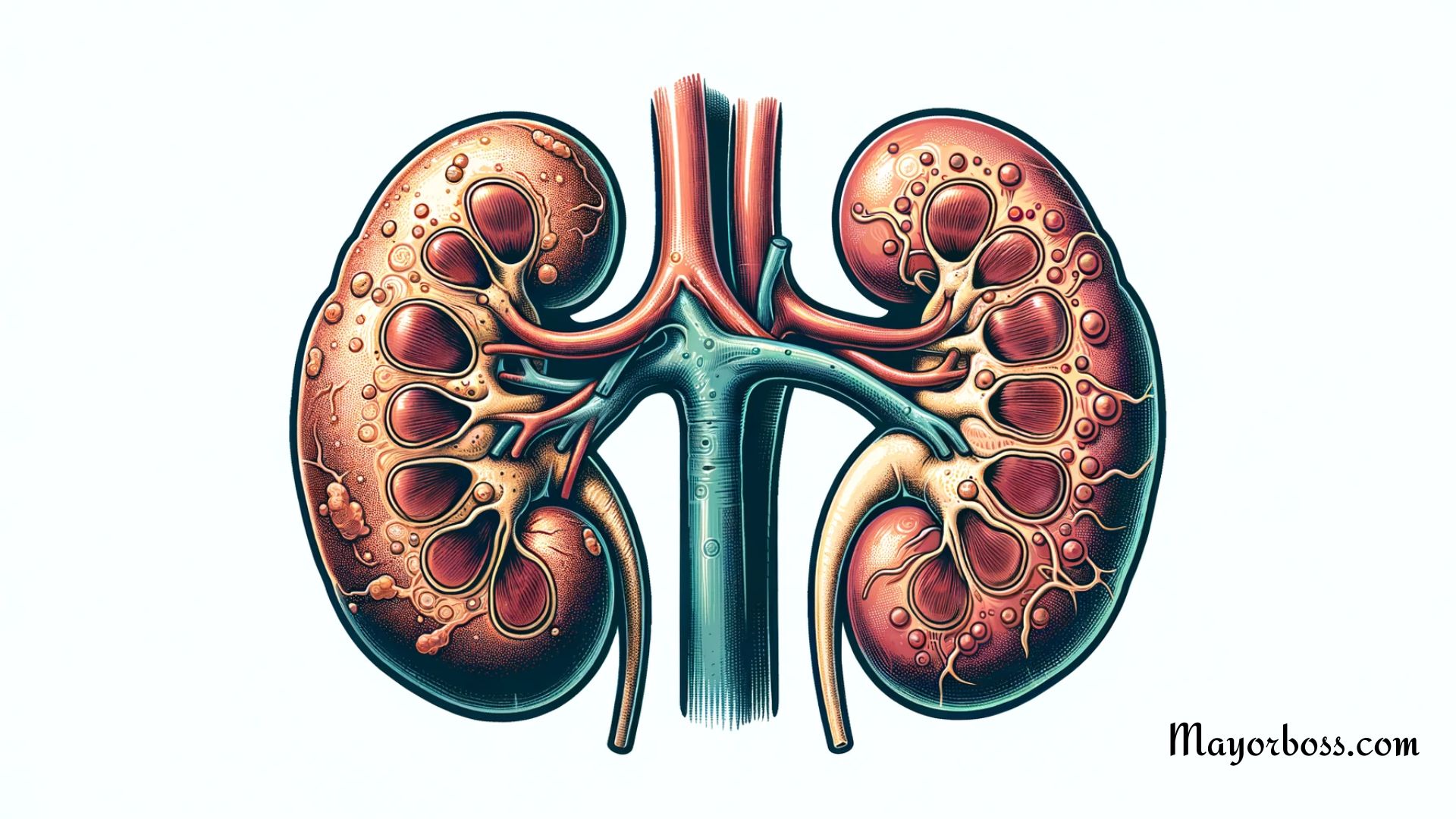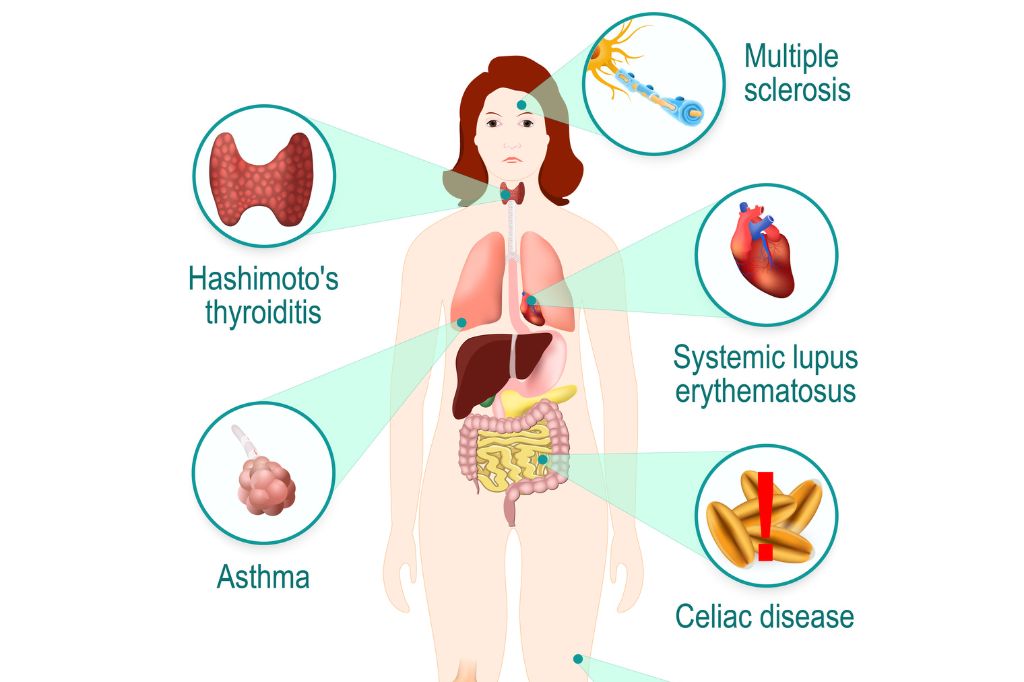The Signs of Kidney Failure
In the early stages, you might not notice any clear signs of kidney failure. This condition, also known as renal failure, typically develops slowly.
Yet, it’s vital that you become aware of the potential symptoms.
This is particularly crucial because early detection can significantly improve treatment outcomes.
General Symptoms of Kidney Failure
One of the most common signs of kidney failure you’ll encounter is a change in urination.
Specifically, you might notice that you urinate more often or less often. Some people may also observe a change in the color of their urine.
In addition to these urinary changes, you may experience fatigue.
That’s because your kidneys aren’t filtering out toxins as efficiently, which can impact your overall energy levels.
In some cases, people report a consistent feeling of tiredness or difficulty concentrating.
Physical Indications
It’s possible that you might also develop swelling in certain parts of your body.
This swelling, often noticed in the feet and ankles, is due to your kidneys failing to remove excess fluid from your body.
Plus, some people may notice skin itching and dryness, another sign of accumulated toxins.
Digestive Issues
Many experts believe that signs of kidney failure can manifest through your digestive system as well.
This may be because of the buildup of waste products, which can lead to a loss of appetite, nausea, or vomiting.
Some studies suggest that a metallic taste in the mouth or bad breath is also a potential sign of kidney failure.
Subtle Signs and Symptoms
Though these signs of kidney failure are more difficult to detect, they are just as important to be aware of.
Some people report feeling cold most of the time, even in warm conditions.
This is because the kidneys aren’t functioning as they should, which can impact body temperature regulation.
Others may experience dizziness and shortness of breath due to anemia associated with kidney disease.
Seeking Medical Help
If you experience any of these signs of kidney failure, health experts strongly advise seeking immediate medical attention.
Diagnosis typically involves blood tests, urine tests, and imaging studies to assess kidney function.
Moreover, treatment options may include medication, dialysis, or even a kidney transplant in severe cases.
Therefore, early recognition of symptoms is vital in managing the condition effectively.
In conclusion, it’s essential to pay attention to your body and recognize the signs of kidney failure early.
Hence, if you notice any changes or symptoms that concern you, don’t hesitate to seek medical help.
Frequently Asked Questions
What are the main causes of kidney failure?
Kidney failure, also known as end-stage renal disease (ESRD), typically develops due to conditions that have damaged the kidneys over time.
Common causes include diabetes, high blood pressure, and chronic kidney disease.
In some cases, urinary tract problems and genetic diseases like polycystic kidney disease can also lead to kidney failure.
Are there preventive measures against kidney failure?
While you can’t completely prevent kidney failure, particularly if it’s due to genetic or other uncontrollable factors, you can reduce your risk.
Experts strongly advise maintaining a healthy lifestyle.
This includes regular exercise, a balanced diet, controlled blood sugar levels, and limited alcohol consumption.
Regular check-ups with your doctor can also detect early signs of kidney failure.
Does kidney failure mean I will need dialysis or a transplant?
Not always. In many cases, treatment can help manage the symptoms and slow the progress of kidney failure.
However, in severe cases or when the kidneys stop working completely, treatments like dialysis or kidney transplant may become necessary.
What dietary changes can help manage kidney failure?
For people with kidney failure, experts typically recommend a low-protein diet to minimize waste in the blood.
In addition, reducing sodium can help manage blood pressure, and limiting potassium and phosphorus can maintain a healthy balance of minerals in the body.
Can kidney failure be reversed?
Unfortunately, kidney failure is usually a progressive disease and damage to the kidneys is often permanent.
However, early detection and treatment can slow the progression and help manage symptoms.
In some cases, if the cause of kidney failure is an acute event like drug toxicity or a urinary tract obstruction, it may be reversible if treated promptly.






